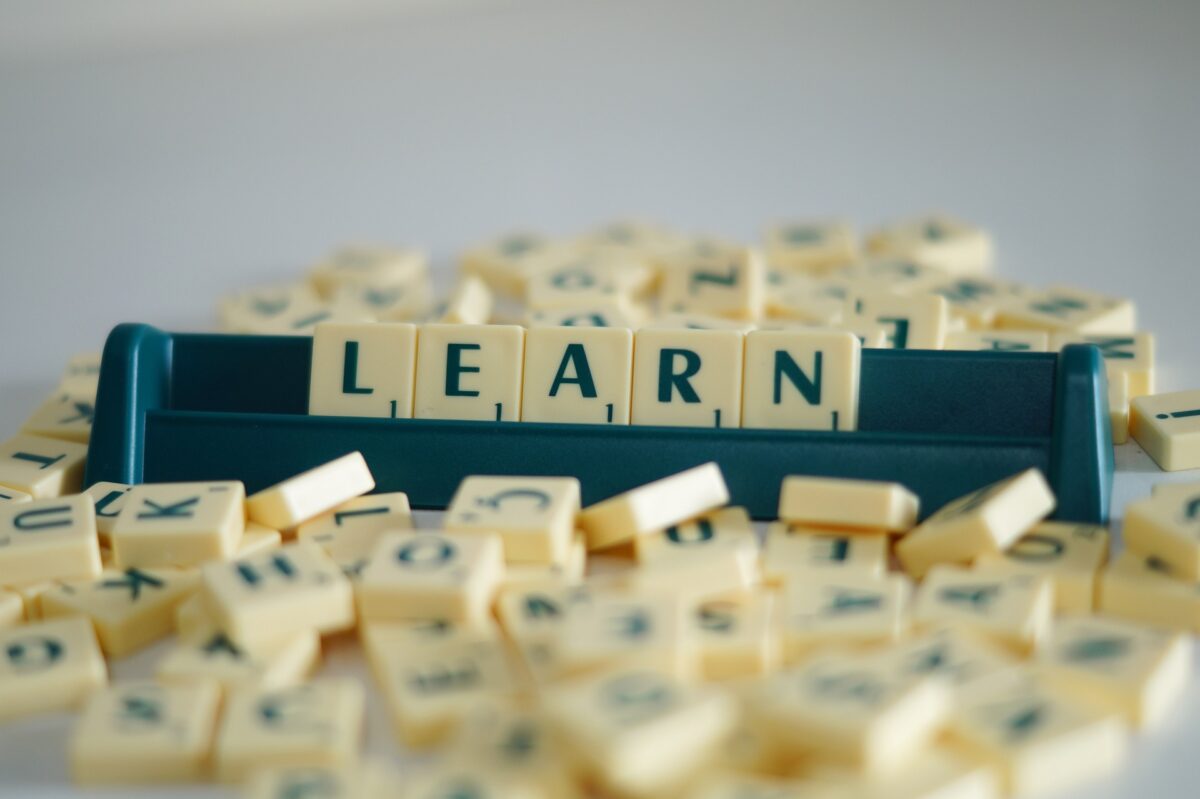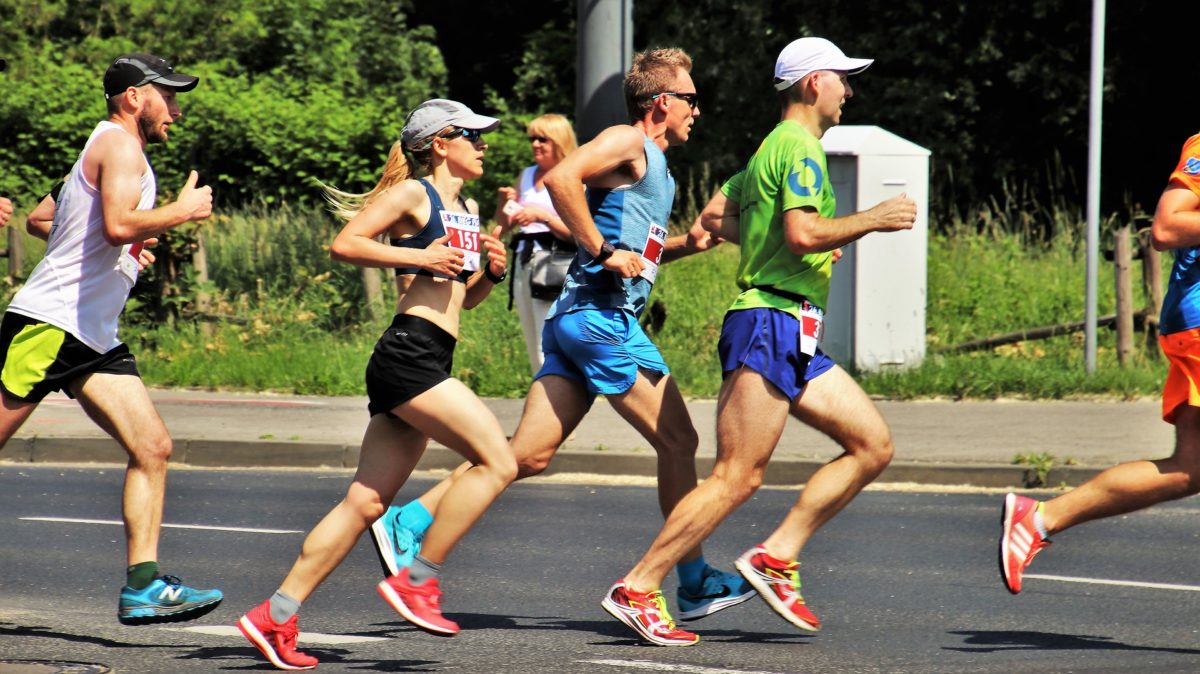Are you the High School Final Matura Exam or E8 examiner? Are you thinking about becoming one but you have no idea what it is actually like to be one? Are you wondering whether it is worth it or not? Well, here is my very subjective opinion on the work of the examiner. And I do have a long and rich experience working as an examiner of both matura (basic and extended) and E8 (also Junior High School) exams.
First of all, you have to be aware that in order to become an examiner you have to take part in a workshop that lasts the whole day or two and to pass the exam at the end of it. The exam is very practical and checks if you can grade the students’ writing tasks objectively and according to the rules and requirements. If you pass the exam, you become an outright examiner, with a beautiful certificate and your own CKE number. Isn’t it wonderful?
But if you think it means that the CKE will trust you and assume you are a good examiner (after all they taught you, checked your skills and knowledge and gave you this honourable title, right?), you may be slightly disappointed. Actually, you will have to prove a couple of times every single year that you are worth the privilege by writing additional quizzes. So don’t be surprised or shocked. Enjoy every chance to show your real worth and don’t give up.
If you are persistent enough and willing to take part in the Exam Marathon after all, this is what you should remember about in May:
- forget about the weekends in the next two or three weeks. No picnics, no bikes, no family life, no time for preparing lessons for the coming weeks, no rest. But come on, you are a tough guy anyway.
- forget about a decent pay rise (this year it is a couple of groszes per test which, considering the inflation rate, is a joke). Keep in mind your mission, torch for education and so on.
- remember to buy a set of things which are an absolute must while checking the tests: a pen with some black ink (there are a lot of papers to be signed, numbers and codes to be written down, signatures to be left, etc), a pen with erasable blue ink and pen refills (to check the papers with), a pair of scissors (to cut the safe envelopes), a black marker pen to paint out the little squares and a printed set of requirements and rules. No surprises here – teachers have always been their own suppliers.
- remember to bring something to eat and drink as well. If you forget about it, you will end up checking the tests for 10 hours without a drop of water or a bite of bread. In my case that would mean a splitting headache, irritation and the lack of concentration. So I usually take a thermal mug with coffee or tea, water and some juice. Some examiners bring their own kettles, too. For eating, I do recommend all kinds of finger food – not to waste your precious time which can be spent on checking the papers.
- remember to bring some paper tissues and a disinfectant as well. There is usually some toilet paper and soap at the beginning of the first day of checking but I wouldn’t count on them in the afternoons or on Sundays. Basic needs? Come on. Teachers are sacrificers.
- develop your own checking system which will make your work a little bit more automatic. I usually start with dividing the tests into those written by dyslectic and non-dyslectic students. Then I divide them into topics. The next step is signing all the papers, writing the numbers and codes. Then there is grammar checking, essay checking, painting the little squares out and finally writing down the results. Oh, and don’t forget to count the papers after you take them out of the envelope and before putting them back again. If you decide to give a student 0 points, make sure the PKE checks if you are right.
And now, the most important thing of all is that you MUSTN’T forget it’s a student who is your priority. While checking every single work, keep it in mind. If you have any doubts whether you understand what the student has written, whether it is even in English or whether you should give any points for it or not, follow the following universal piece of advice. Make it your mantra from now on:
’If you have a titchy suspicion that a student was just considering attempting to convey the embryo of his thought, do not hesitate – give them a point. Such efforts have to be awarded.’









